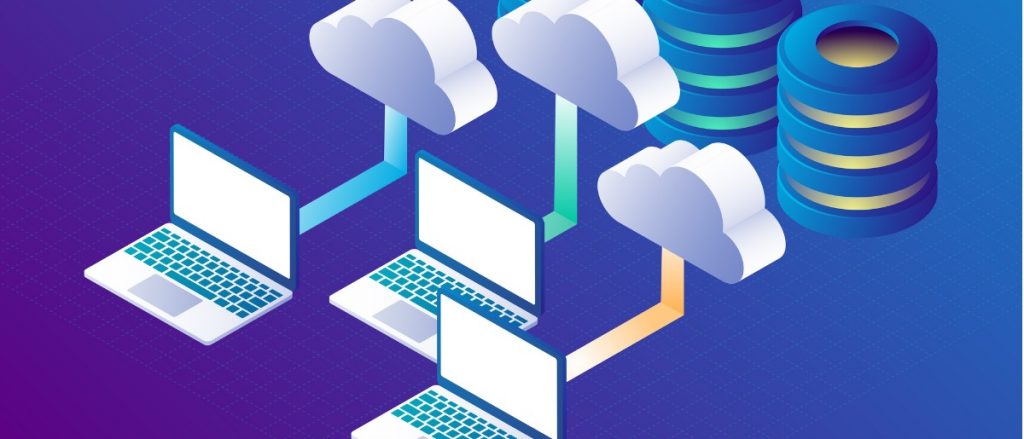Learn how to effectively protect your data with our upcoming webinar “Cloud Backup and Restore for Your Organisation: Beyond Native Capabilities!“
Hey everyone! Pait Group’s Stephanie Donahue and our own John Hodges recently finished a data backup webinar called “Debunking Myths: Native Office 365 Backup Coverage and Gaps.” They ended up covering so much ground during the presentation that there were several Office 365/Office 365 backup questions that had to go unanswered.
Here’s a roundup of the best questions that came out of that webinar. If you have any that weren’t mentioned or answered during the session, feel free to drop them in the comments below!

Is data associated with the Public Folders backed up too?
Yep. If the Public Folders service is chosen, it can be backed up. It’s backed up separately from regular Exchange data.
DLP policies are very useful as it pertains to preventing the sharing of sensitive information. They can also be used to apply retention labels, which can keep content for a desired period of time. However, this doesn’t take the place of a backup solution. This retention is applied to document libraries and is limited in its restore methods. Additionally, without the proper Office 365 licensing, the retention labels will not be applied automatically.
Cloud Backup can automatically backup and restore all of your content and security–in and out of place. In the event that the container is deleted, we are still able to recover lost content.
Do you have questions around Office 365 backup? If so, check out this Q&A: Click To TweetWhat about permissions? What happens when a user accidentally removes permissions for a document library, list, or site?
This functionality is not native within SharePoint Online and, normally, there would be no way to automatically revert changed permissions to a previous state. However, Cloud Backup can both backup and restore permissions granularly and at a container level.
Can AvePoint provide granular restores?
Definitely. Our Cloud Backup can provide granular restores for various services. For example, an Exchange granular restore can include anything from an individual e-mail to a calendar item or contact. A SharePoint or OneDrive granular restore can include list items or documents.
Granular restores are vital because they’re the most common restore scenarios. Simply using native functionality would require you to leverage either the recycle bin or a full top-level container roll-back. The former option can be unreliable, and the latter can cause data loss.
Is there a way to create custom admins for specific services in our Office 365 environment?
Yes. It’s possible to create an admin group and assign them by the services we back up.

Can you clarify how third-party backups help in the event of a Microsoft outage?
Third-party solutions are useful for protecting application data whereas Microsoft provides disaster recovery functionality for the infrastructure. There could be a loss of data if Microsoft needs to perform a rollback of a tenant. In that case, the responsibility would be on the customer to have a reliable way to recover their lost data. This is the gap that 3rd party solutions fill.
Do both admins and users have access to backups in AvePoint’s solution?
Admins currently have access to the restores and the reports within the solution itself. End-users can interface with the AVA (AvePoint Virtual Assistant) bot within Microsoft Teams to perform item-level restore functions. This isn’t currently available within the GCC environment.
How is shared mailbox data backed up?
Shared mailboxes are backed up the same way that user mailboxes are. This includes everything from e-mails to calendar items, contacts, etc.

